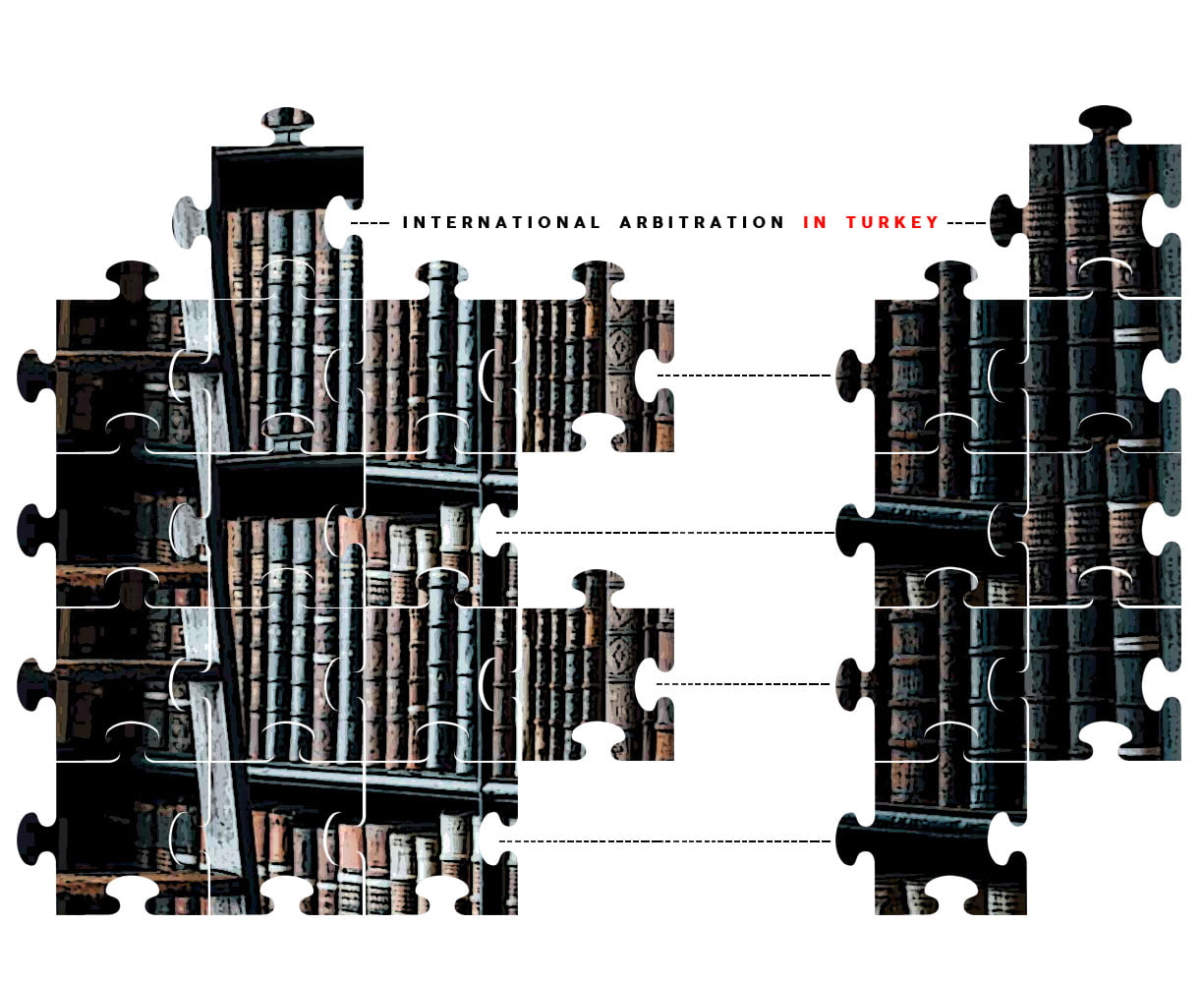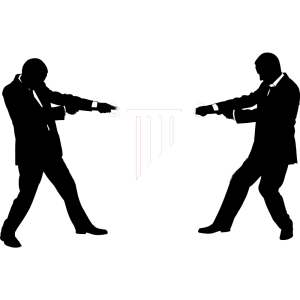- Home
- OUR TEAM
- ARBITRATION
- SERVICES
- GENERAL OVERVIEW OF OUR SERVICES
- INTERNATIONAL ARBITRATION IN TURKEY
- LEGAL SERVICES FOR PUBLIC PROJECTS AND TENDERS IN TURKEY
- OIL &Gas Energy Law SERVICES IN Turkey
- INVEST IN Turkey
- INTERNATIONAL Law &Contracts
- LITIGATIONS & ARBITRATION & Legal CONSULTATION SERVICES IN Turkey
- NATIONAL Defense Law
- PUBLIC PRIVATE PARTNERSHIPS
- IMMIGRATION & CITIZENSHIP Law
- Intellectual Property Law
- COMPETITION LAW
- Mergers & AcquIsItIons
- Invest IN USA & EU &DUBAI
- Tax Law &Tax StructurING
- AVIATION TRANSPORTATION Law
- CONSTRUCTION Real Estate Law
- BANKING FINANCE / CAPITAL Markets Law
- OUR PROJECTS
- CYPRUS SEA PASSAGE MAIN CONDUCTION LINE CONSTRUCTION PROJECT
- Our ArbItratIon and Turkey Cases
- TURKISH CITIZENSHIP CASES
- Legal RepresentatIons of Several EmbassIes
- AVITATION & AIRPORT RenovatIon Projects
- OIL&Gas ExploratIon and OperatIon Projects
- Fast RaIlway Projects
- Akkuyu Nuclear Power Plant Project
- Energy & Mining Projects
- Real Estate and ConstructIon Projects
- USA, EU & BAE INVESTMENT PROJECTS
- BLOG
- NEWS
- CONTACT
EN
- Home
- OUR TEAM
- ARBITRATION
- SERVICES
- GENERAL OVERVIEW OF OUR SERVICES
- INTERNATIONAL ARBITRATION IN TURKEY
- LEGAL SERVICES FOR PUBLIC PROJECTS AND TENDERS IN TURKEY
- OIL &Gas Energy Law SERVICES IN Turkey
- INVEST IN Turkey
- INTERNATIONAL Law &Contracts
- LITIGATIONS & ARBITRATION & Legal CONSULTATION SERVICES IN Turkey
- NATIONAL Defense Law
- PUBLIC PRIVATE PARTNERSHIPS
- IMMIGRATION & CITIZENSHIP Law
- Intellectual Property Law
- COMPETITION LAW
- Mergers & AcquIsItIons
- Invest IN USA & EU &DUBAI
- Tax Law &Tax StructurING
- AVIATION TRANSPORTATION Law
- CONSTRUCTION Real Estate Law
- BANKING FINANCE / CAPITAL Markets Law
- OUR PROJECTS
- CYPRUS SEA PASSAGE MAIN CONDUCTION LINE CONSTRUCTION PROJECT
- Our ArbItratIon and Turkey Cases
- TURKISH CITIZENSHIP CASES
- Legal RepresentatIons of Several EmbassIes
- AVITATION & AIRPORT RenovatIon Projects
- OIL&Gas ExploratIon and OperatIon Projects
- Fast RaIlway Projects
- Akkuyu Nuclear Power Plant Project
- Energy & Mining Projects
- Real Estate and ConstructIon Projects
- USA, EU & BAE INVESTMENT PROJECTS
- BLOG
- NEWS
- CONTACT
EN
Arbitration
Arbitration is frequently used for the resolution of commercial disputes, particularly in the context of international commercial matters. It provides a neutral forum for parties from different countries, where international commercial disputes are resolved by persons who have specialized expertise on these matters. The finality and enforceability of arbitral awards are ensured by a well established system of international treaties between States, which renders arbitration an attractive choice for international dispute resolution.

International Arbitration in Turkey
Apart from the advantages referred to above, the resolution of international disputes via international arbitration in Turkey takes between 6 to 18 months. This is another striking advantage of international arbitration processes in Turkey, when compared to a standard commercial litigation in Turkey, which takes 24 months as a minimum, up to 36 months, an even longer in some cases, to result in a judgment.
We are experienced arbitration lawyers in Turkey, with deep experience in complex international disputes, and an international network of leading lawyers with whom we regularly collaborate during international arbitral processes relating to Turkey, or where the seat of arbitration is in Turkey. We provide the best arbitration services to our clients whether their disputes are referred to Istanbul Arbitration Centre (ISTAC), the ICC, Milan Chamber of Arbitration (CAM), London Court of International Arbitration (LCIA), or the International Center for Settlement of Investment Disputes (ICSID).
Award wining International Arbitration Lawyers in Turkey
We are proud to successfully represent many foreign and local clients during their arbitration processes, and be among the best Turkish arbitration law offices. We have received several awards from international authorities for our top quality performance in arbitration services in Turkey.
In 2019, we were granted the best arbitration law firm in Turkey award by the GLE Global Law Experts. We are also granted the Leading Arbitrator Law Firm award from AI Acquisition International.
STEPS OF THE ARBITRAL PROCESS
1. Request of arbitration
An arbitration starts when one party (the claimant) sends a request of arbitration to the designated institution. The institution files this request and sends it to the other party.
2. Answer to the request
The Respondent party must respond to the request of arbitration within a certain time period.
3. Constitution of the Tribunal
Depending on the arbitration agreement or clause, the tribunal may consist of one or three arbitrators.
4. Procedural conference call
Once the arbitrator(s) is/are chosen all parties and the arbitrator usually hold a first meeting, usually by phone, or by videoconference, to clarify issues such as the scheduling of submissions, the date and place of the arbitration hearing, presentation of evidence, whether witnesses will be heard etc.
5. Preparation of the Terms of Reference/Procedural Timetable, Procedural Order
These documents are drafted by the tribunal and agreed on by the parties. They provide the entire framework of the arbitration and are aimed at the fast and efficient progress of the proceedings.
6. Submissions stage
This usually consists of Claimant’s statement of claim, Respondent’s statement of defence, Claimant’s Reply, and Respondent’s Rejoinder submitted to the tribunal as per the procedural timetable.
7. Hearing
Though parties may agree to decide their dispute on documents only, the majority of cases include hearings at the seat of arbitration or other mutually agreed venue (if applicable), the length of which may vary, depending on the complexity of the case.
8. Post-hearing brief and submission on costs
Following the hearing, the Claimant and Respondent submit their final arguments concerning the case, as well as the costs they have incurred and how and by whom these costs must be paid, which is decided by the tribunal in the final award.
9. Final award
This is the final decision of the arbitral tribunal which will determine the respective rights of the parties and the dispute to an end in a binding way.




